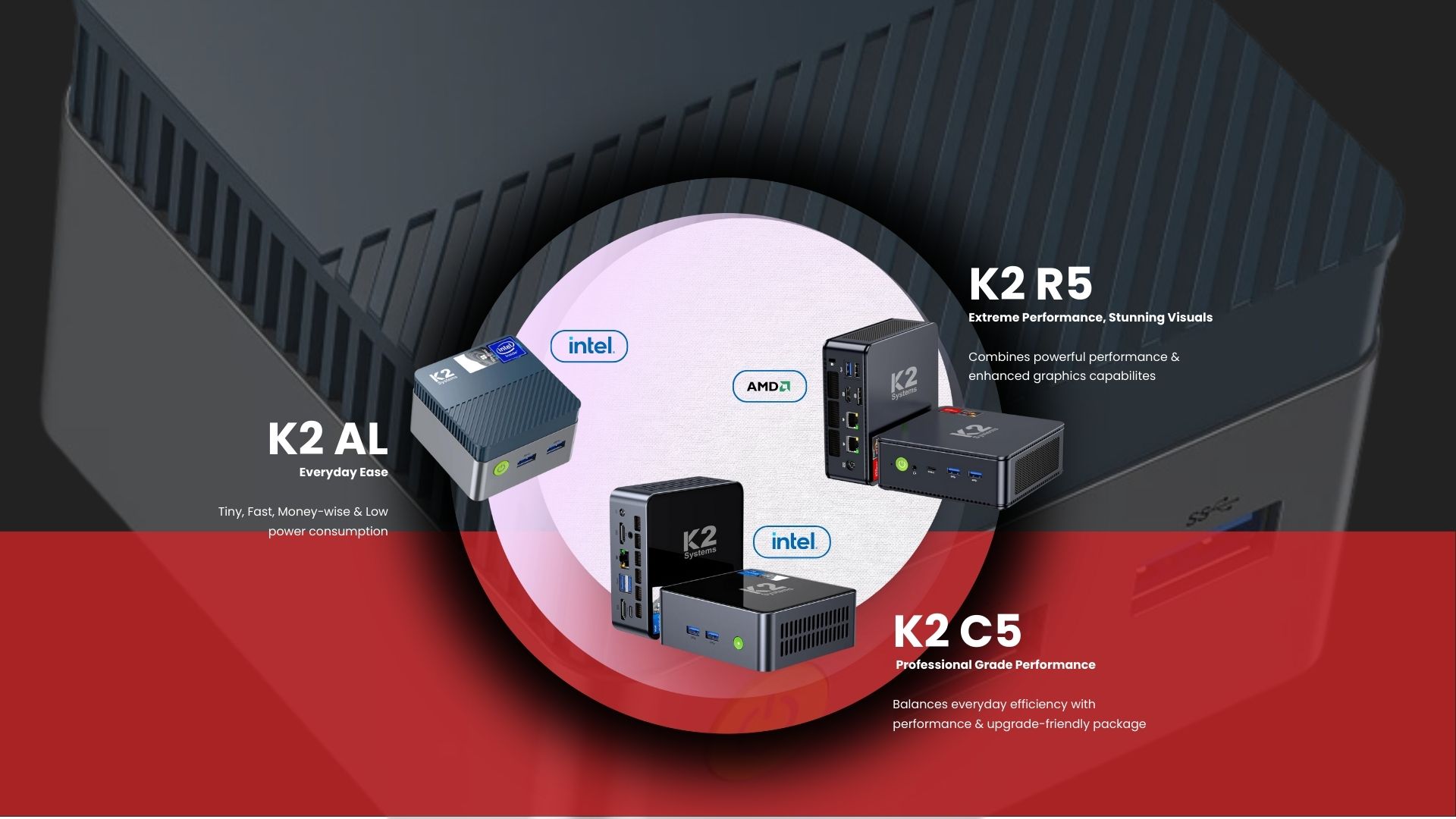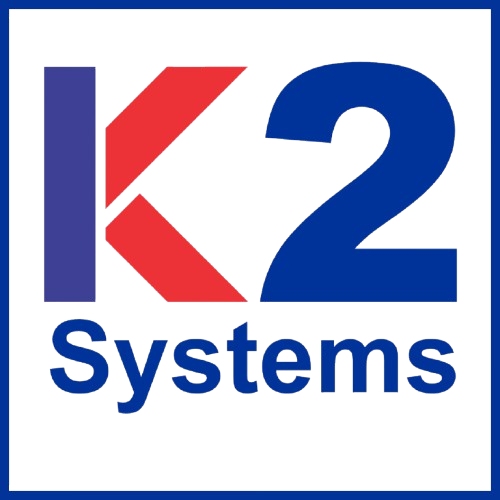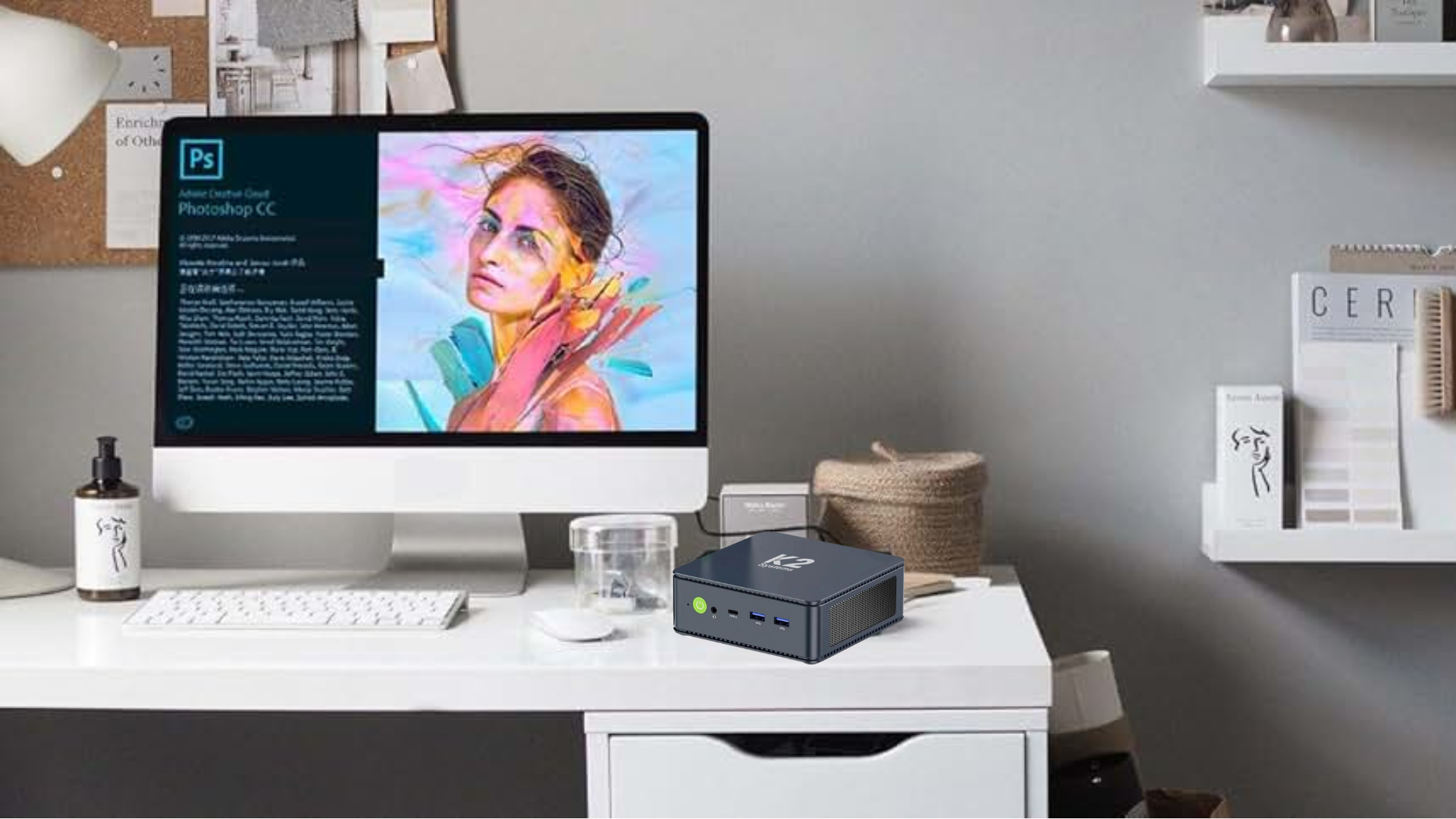History is the greatest witness of how the miniaturization of telephones took the globalization wave by storm. Not only did it make connecting across the globe easier, but it also brought the whole world to your fingertips. Nobody in the 1800s could have imagined that a telephone could fit into someone's pocket, just as few thought that a powerful PC could one day be carried in a bag. Yet, here we are, with Mini PCs becoming increasingly popular. These compact yet powerful devices are redefining convenience, performance, and accessibility in the digital world.
Every major company in the electronics industry is now manufacturing Mini PCs, from tech giants like Apple and Intel to emerging brands that are making a name for themselves through innovation and budget-friendly options. The demand for smaller, more efficient computing solutions is driving an industry-wide transformation, leading to an array of Mini PCs tailored to different user needs.
Mini PCs are designed for individuals who need flexibility and portability. Whether you are a student, a professional, or a tech enthusiast, carrying a high-performance Mini PC allows you to work, create, and innovate from anywhere. Just as smartphones cater to different functionalities, Mini PCs are also built for specific purposes. From basic office tasks to complex computing, programming, and even gaming, these compact machines can handle workloads just as efficiently as traditional desktop computers. With the rise of cloud computing and edge computing, these devices are further optimizing workflows by offering powerful processing capabilities in a compact form factor.
One of the key factors behind the growing popularity of Mini PCs is their ability to evolve with technological advancements. Initially introduced for simple day-to-day tasks, they have now gained significant traction among professionals requiring higher computational power. Engineers, researchers, and scientists can now plug in a Mini PC anywhere and continue their work seamlessly. With the rise of cloud computing and edge computing, these devices are further optimizing workflows by offering powerful processing capabilities in a compact form factor.
Easy to maintain & mobility/portability.
Another advantage of Mini PCs is their energy efficiency. Unlike traditional desktop computers, which consume substantial power and require large cooling systems, Mini PCs operate with lower energy consumption while maintaining optimal performance. This makes them an eco-friendly option for both personal and professional use, reducing electricity costs and contributing to a greener environment.
Moreover, Mini PCs are cost-effective. While high-end desktops and gaming rigs can be expensive, Mini PCs provide a budget-friendly alternative without compromising on performance. With advancements in storage solutions like SSDs and efficient cooling mechanisms, these devices are bridging the gap between affordability and high-end computing.

In conclusion, Mini PCs represent the future of computing by offering versatility, power, and convenience in a compact package. As technological advancements continue to push the boundaries of processing power and efficiency, Mini PCs are becoming a go-to choice for a wide range of users. Whether for work, entertainment, or research, these small but mighty devices are playing a crucial role in shaping the modern digital landscape.


